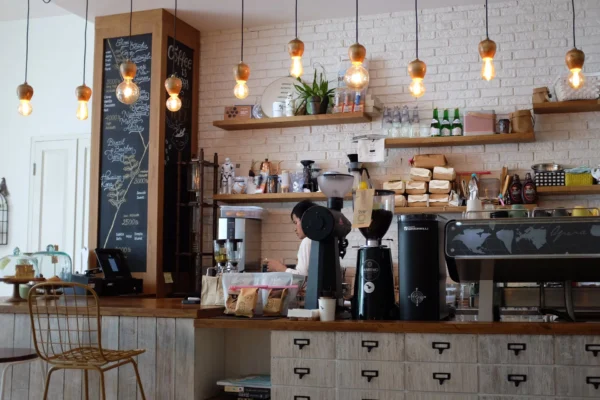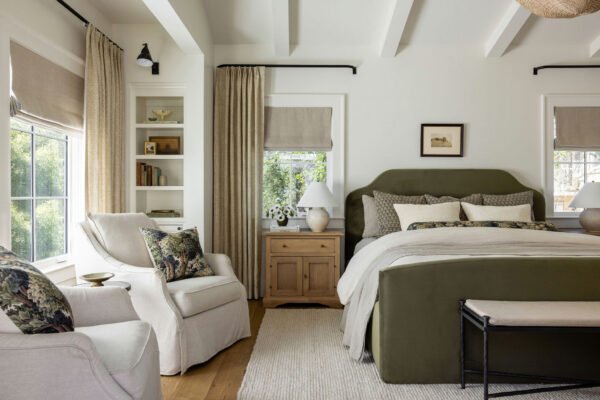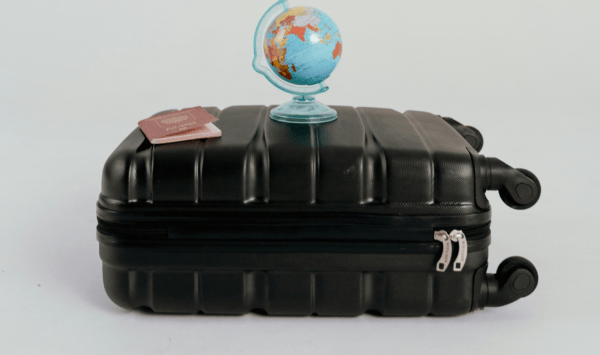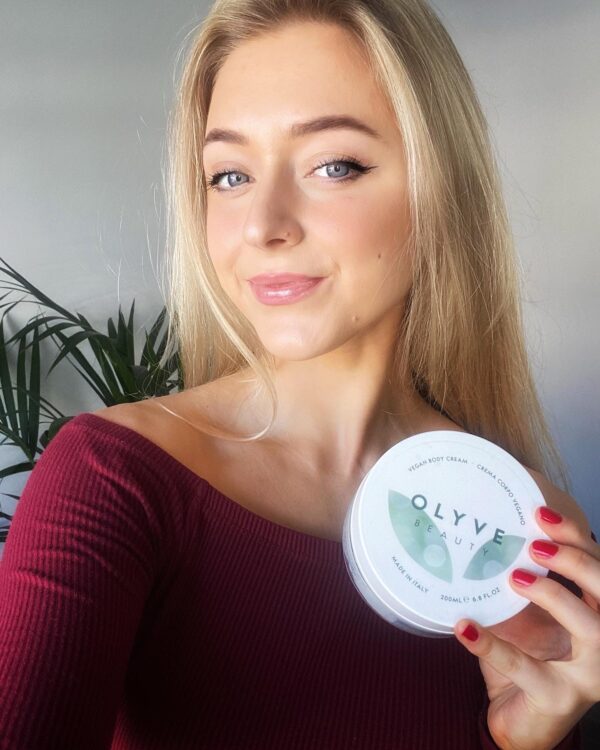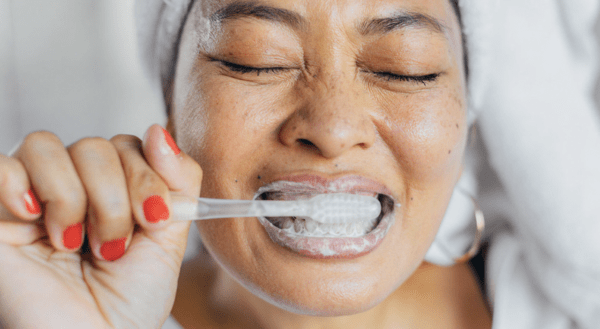
Why You Need Your Beauty Sleep
Why you need your beauty sleep
It might have become a cultural idiom, but it turns out ‘I need my beauty sleep’ is just as scientifically accurate as it is a good excuse to bail early on a night out. One of the simplest but most beneficial parts of any successful beauty regime, the health benefits of a good night’s sleep are evident both in and outside the body. So instead of staying up all night scouring the Internet for fancy new beauty products, just use that time to sleep instead!
What sleep can do for your skin
There are a lot of skin care tips and tricks out there, but one of the most important – which, hugely conveniently, is also free – is getting enough sleep. When you’re not getting the proper amount of sleep, the signs are all over your face. Not only do you get those beautiful puffy bags under your eyes, but the rest of the skin on your face begins to sag and loses its lustre too. (But you know that, that’s why you’re up the next night desperately searching for some sort of night eye serum).
Most notable are those pesky black circles around the eyes; they’re caused by blood vessels under your skin dilating due to a lack of sleep. Moreover, your muscles hold more tension when you are sleep deprived, which can also be seen in the facial muscular structure. Finally, sleep actually has healing powers for your skin, as it’s responsible for collagen and human growth hormone production. Often, when we notice a person looks ‘well-rested’ their skin radiates and tension has been diminishes. Well that’s because the skin cells have actually regenerated, repaired, rejuvenated, and detoxified themselves during the night.
Creating a successful beauty sleep routine
1. Incorporate a before-bed beauty routine that includes cleansing and moisturising your skin. Not only does this encourage skin regeneration, but the repetitive habit before bed can trigger your body to prepare for sleep, which can help you fall asleep faster.
2. Go to bed at the same time every night. Cutting the night short and trying to make up for it by sleeping in actually doesn’t help. Unfortunately, sleep isn’t one of those things that we can bank up. Your body gets a higher quality of rest within established parameters.
3. Train yourself to sleep on your back. Sleeping on your stomach presses your face into the pillow and reduces blood flow in your facial capillaries, which interferers with regeneration and can cause lines and creases. Moreover, you tend to toss and turn less on your back, which results in waking up less. You’ll also breathe easier on your back, allowing you to fall into a deeper and more restful sleep.
4. Use sheets and pillowcases with a higher thread count that are softer and will be gentler on your skin. We know you love your glamorous interior design, but whenever possible go for white, as dyes in fabrics can also irritate the skin.
If you build it, sleep will come
Aside from building a regimented sleep routine, your sleeping environment itself is exceptionally important. Selecting a premium mattress from a specialist, ensuring the right air temperature, and minimising light and noise can all be influential in building a better sleep environment.
Your mattress especially makes a world of a difference. Lying or sitting in any position for an extended amount of time constricts blood flow, depriving the skin of oxygen. Normally, pain sensors trigger you to move to restore blood flow and oxygen to the deprived area. In the case of sleeping, this is when you would roll over. As these movements disturb sleep, investing in a mattress that reduces pressure points where the body would have reduced blood flow can limit the need for movement and ultimately offer you a better, uninterrupted night sleep.
Think about your room temperature too. If the room is too warm it can cause restlessness and dehydration, whereas if it is too cold, it can be difficult to stay asleep and to fall back asleep after waking up. The ideal temperature for sleeping is around 20°C.
Finally, as light and noise in a room decrease the body’s melatonin production – which stimulates the body’s ability to fall asleep and stay asleep – reducing any hindrances of light and noise in your sleeping environment can have a significant impact on sleep quality. Perhaps less well known is the effect electricity can have on your sleep. Removing all electrical items from your sleeping environment can improve your slumber as electrical currents interfere with melatonin production, as well as sleep cycles. Whether it is a phone by your bed, a laptop in the room, or a TV (even if switched off), if it’s electro then it’s got to go!






















